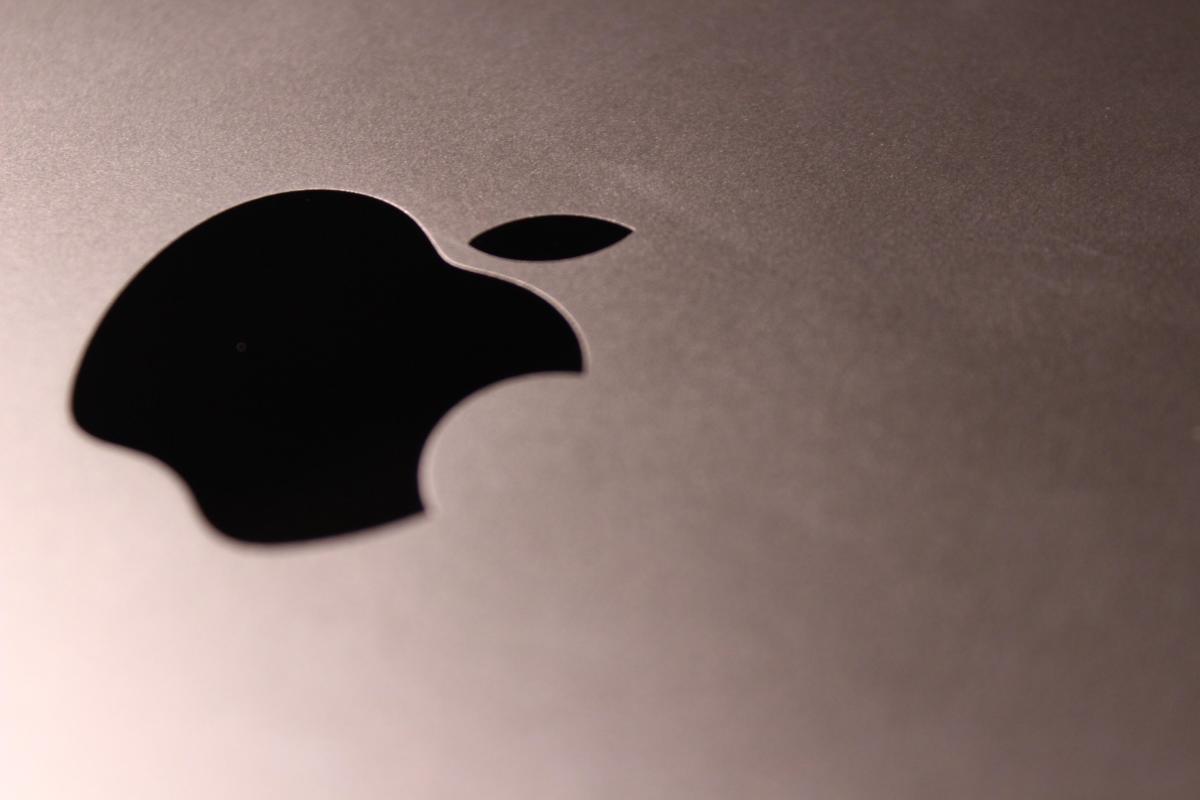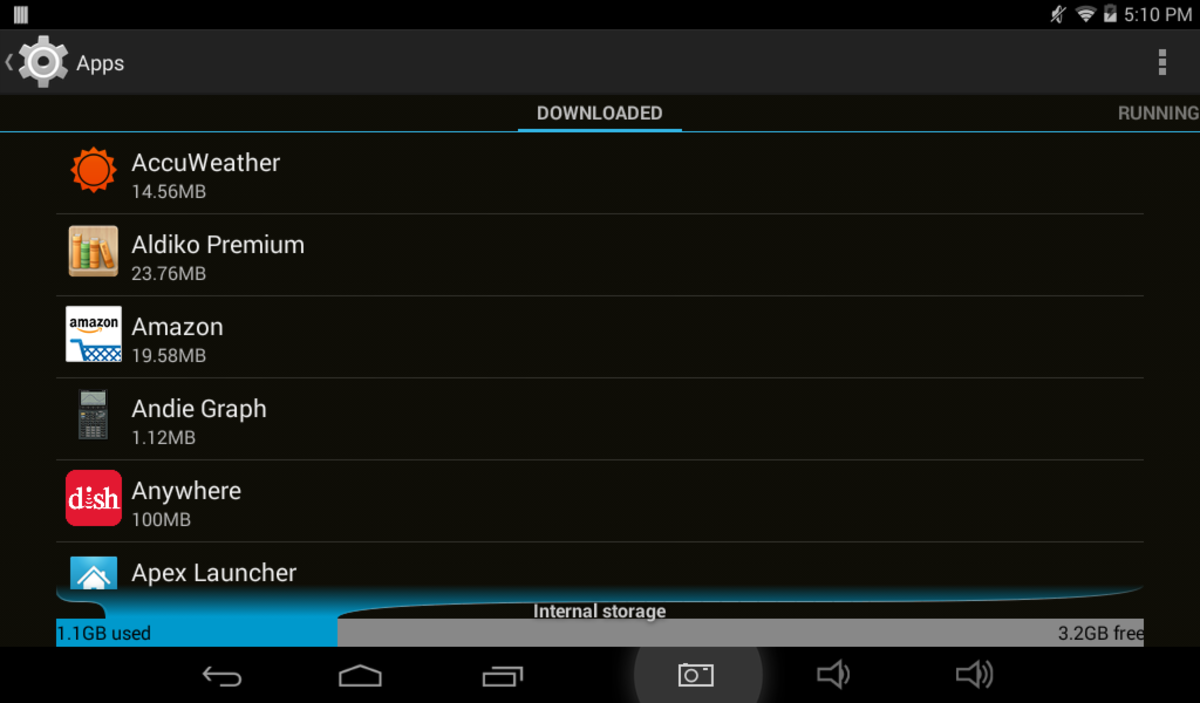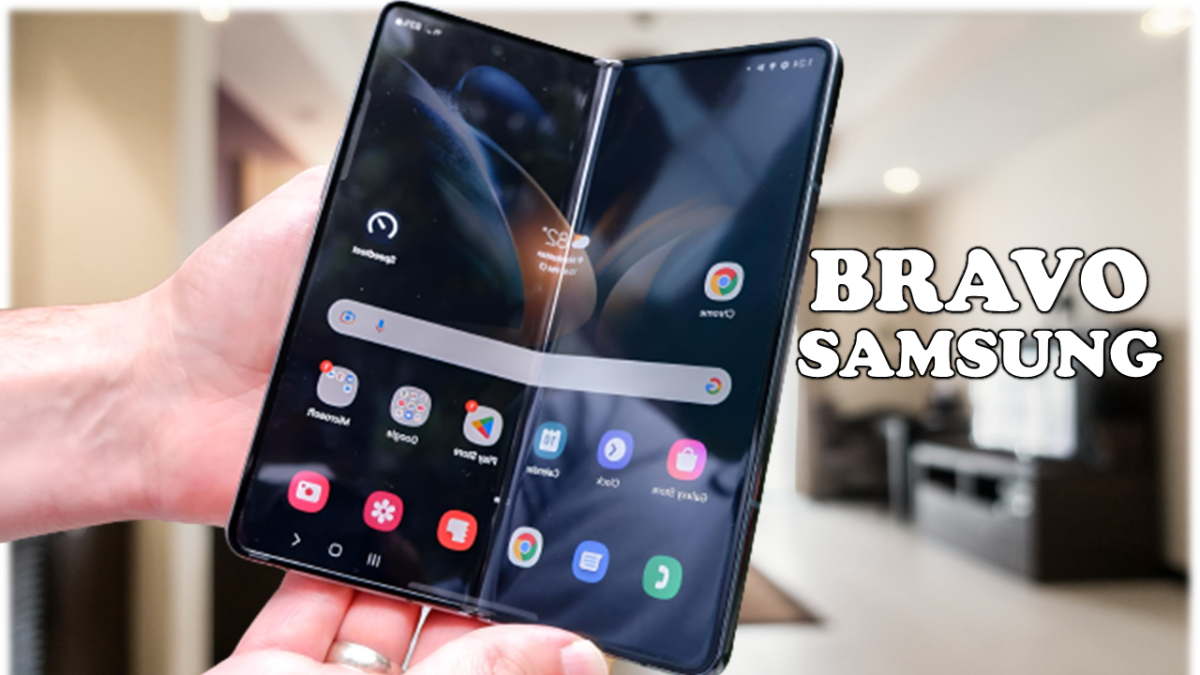- HubPages»
- Technology»
- Communications»
- Smartphones»
- Android Phones
How to Optimize Android for Better Performance

Lagging Android device can cause multiple speed and performance related issues. Reasons behind lagging android device can be numerous like over occupied storage space, duplicate files, occupied RAM, hardware issues and others. These issues hamper your device’s speed and performance and waste your time as well. Thus it becomes important to deal with these issues so that your mobile can work at its optimum speed with improved performance. Let’s discuss few steps here to help you optimize your Android device for better performance.
Identify the problem
This should be the first step you take as determining the problem will help you find a solution more quickly. Check whether the problem is with a certain app, multiple apps or with the system itself. Check for the network connectivity, GPU loads, RAM usage etc. to determine the problem with the device. All this exercise will help you plan your solution for the problem. Another important aspect is to know the capabilities and drawbacks of your device. Do not overburden your device with resource-hungry apps as these apps can degrade your phone’s performance.
Update your Android
Google brings some great upgrades and improvements to each new release of the Android operating system. These improvements include updates that ensure stability, higher speed, better connectivity and performance along with other user-friendly features. For latest updates, you can go to Settings > About Device > Software Update. There you can keep your device to Auto update mode or you can try updating device manually.
Clear cache
Cache files accumulates on your phone over time with various actions. Your apps, browser, and other functions create cache files so that you can access that file in less time next time. Initially, these cache files help you load data instantly but over time when these cache file accumulated abundant on your device they start creating issues. These cache files affect speed and performance of your device. Thus it becomes important to clear cache on Android so that it works smooth and better.
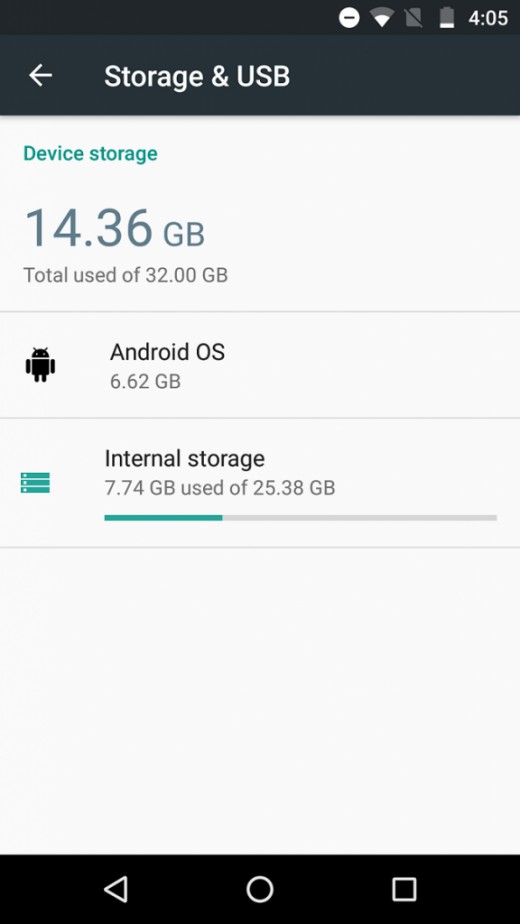

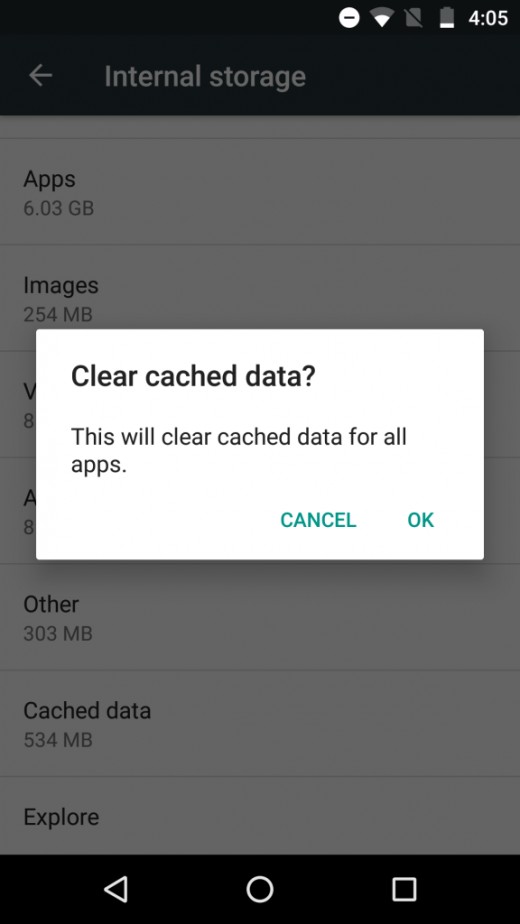
Remove unnecessary apps
Every app which you install on your device take some storage space and runs certain background processes. When your device gets over occupied and cluttered with so many apps and background services it starts creating issues for it. It slows down your phone and creates other performance issues. It is considered to be a good habit to get rid of all such apps which are not in use or do not install those apps you hardly use. Uninstall all such apps to make some breathing room for your device.
Disable Bloatware
Unnecessary apps/programs or bloatware come pre-installed on your device when you buy it. These apps can be manufacturer based or the third party based. There are chances that most of these apps are of no use for you. Thus they occupy a lot of your device’s storage space only, affecting your device performance. These apps also run in the background so it is a better idea to get rid of them. The problem with pre-installed apps is that you can’t delete these apps unless you have rooted your device. But you can Disable these apps so that they can’t run in the background or appear in the app drawer. To disable or uninstall the bloatware:
• Navigate to the Application Manager in settings.
• Swipe over to the “All” tab to see all the apps on your phone.
• Choose the app you want to remove.
• Tap Disable or Uninstall
Disable unused apps
Disabling the app is different from uninstalling it. Uninstalling apps removes apps from the phone but when you disable some app it doesn’t remove or deleted from the phone. Disable apps aren’t displayed on the home screen or app tray but you can re-enable them anytime you want. Performance Assistant tool was introduced in Android ICS to help you disable all such apps you don’t require.
Update apps regularly
Along with regular device update, you should consider updating apps too. Developers fix certain bugs, performance issues and add features with every new release so updating apps can improve the performance of the apps. Updated apps run faster and smoother and improve phone performance as well. Try to update apps from Google Play Store or from the official website of the app.
You can follow above mentioned tips, suggestions and tweaks to boost speed and performance of your Android device. The better performing android device will save your time and efforts as well.



